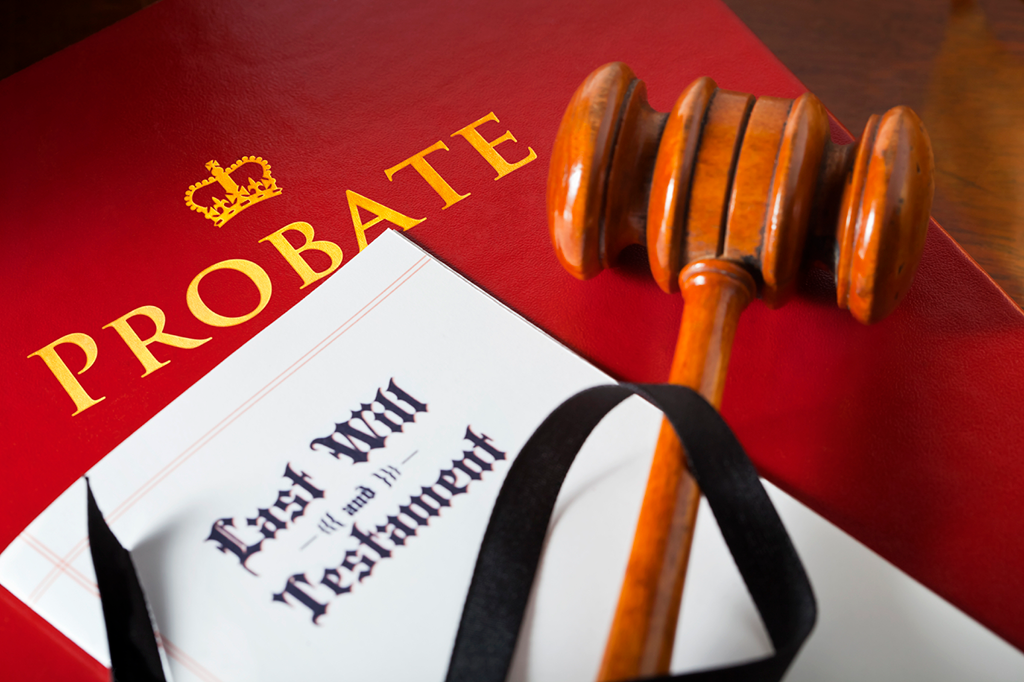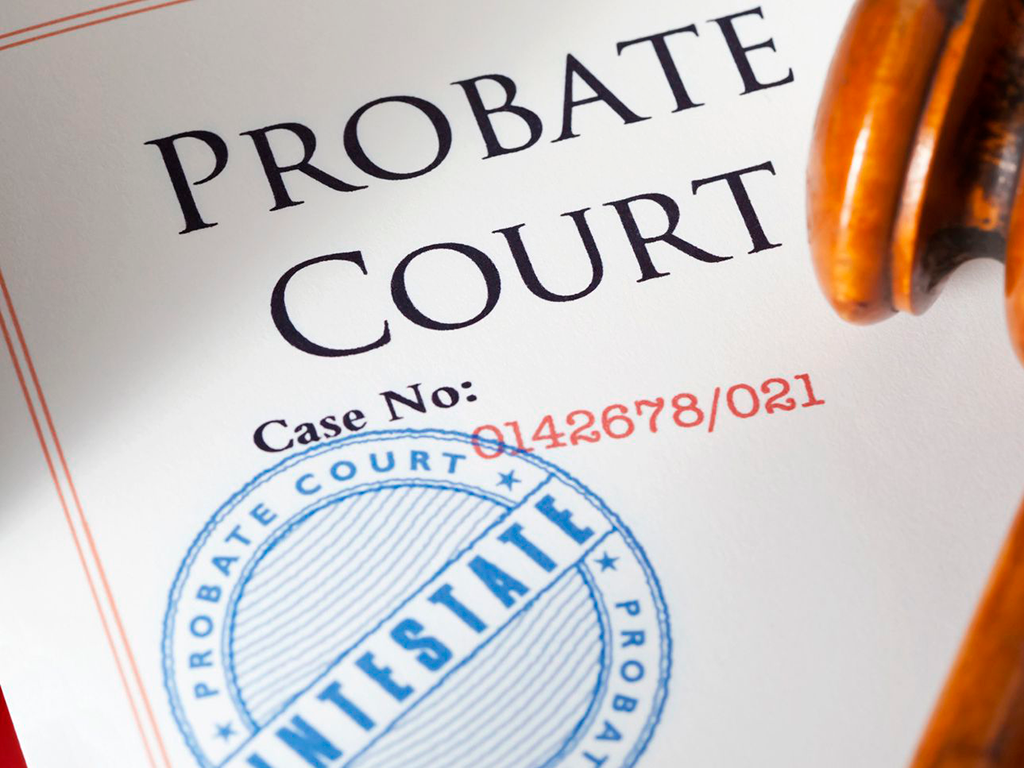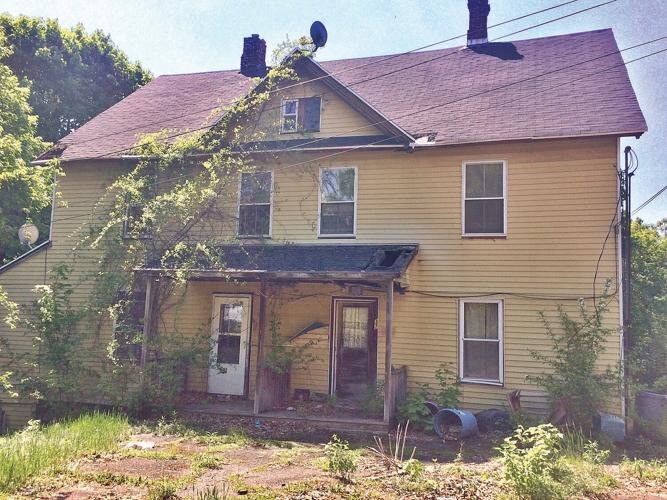The Ultimate Texas Real Estate Guide – Probate
Welcome to the Ultimate Texas Real Estate Guide. Today we will show you how to set yourself up to successfully deal with probate.

The purpose of this guide is to serve as an educational resource. I want to help you understand your options during probate and hopefully help you avoid house-selling mistakes before and after probate. We will do that by teaching you about all your options.
YES! You DO have options! This guide is going to walk you through all the potential solutions that your banks, real estate agents, and lawyers know and ones they may not even know about.
At any time if you have questions we are EASY to reach
Info@BestTexasHouseBuyers.com
469.232.7494
First off, I want to acknowledge that going through probate is an inherently difficult time. It is not easy on you or the rest of your family. Probate can be a long drawn out and exhausting process, especially if you are not well-researched on the topic ahead of time. I am glad that I can help shed some light on what you can expect here in Texas. My hope is this helps you make the best decision for your situation. Why?
Because I wanted my own family to have to deal with probate (and simultaneously foreclosure). It was tragic, highly stressful, and created many problems between family members. I hope you can learn from our terrible experience and sidestep the heartache.
What Exactly is Probate and Why Does It Happen?
Definition: Probate is the legal court process that determines where the property will be distributed when a person dies, the administration of the decedent’s estate. The purpose is to ensure the payment of the deceased’s debts and the property distribution of their remaining assets.
In the unfortunate event that a property owner passes away the probate process occurs to determine who gets the property.
The people who are involved in the probate process are identified with different names. They are:
- Creditors – people or institutes that have lent money to the deceased
- Beneficiaries – someone who will receive asset(s).
- Executor – the personal representative in the will who will handle the estate
- Administrator – the appointed person to handle the estate if there is no will
- Testator – the person who drafted the will
- Decedent -the person who passed away
- Dependent vs independent administration
Important note: It does NOT matter if you are related to the person who has passed away. That doesn’t necessarily guarantee you get anything or have legal standing.
Why is it important to learn any of this?
Because probate can be a touchy subject. They only happen when someone has passed away, never because of a happy event. They are not fast either.
To make things worse, probates are confusing!
Hopefully, you haven’t been through one before and unless you are a lawyer, financial professional, or government worker in this niche this is something you haven’t had to know about. As a matter of fact, you are generally required to hire an attorney in probate proceedings.
How do I know all this and why do I care so much?
Because I have been through this process. It pains me greatly to remember having watched my aunt pass away and then see my family deal with the aftermath. It has left such a deep and lasting impression that I dedicated my life to learning about foreclosures and helping the good people of Dallas. I want to be the person that could have helped out my family.
What Should You Expect If You Go Through Probate
Different things happen during probate based on a few factors. The main factors are if there is a will and if everyone who might logically receive part of the estate gets along.
Timeline: If it is a straightforward uncomplicated estate the probate can be just a few months. If it is more complex or if there is a dispute then the process will take longer, potentially years.

Independent vs. Dependent Administration
In the state of Texas, estates are settled either in an independent or dependent administration. Simply put, it is how much court supervision is involved in overseeing the process. In an independent administration, the administration has more freedom from supervision. They can manage the estate without court approval for certain actions a dependent administrator would need (like selling a house for example).
Texas Independent administration is granted under either following conditions:
- It is specified in the will of the decedent –or–
- If not specified in the will, all beneficiaries are in agreement with an independent administrator
If There IS a Will When the Decedent Dies (Testate):
Application for probate – File an application with the Texas Probate Court. At the time of this article, you have four years from the date of death to file an application. Do this in the county where the decedent lived.
Posting Notice – This is your waiting period, approximately two weeks. The county clerk posts a notice at the courthouse. It is a notice to anyone that may contest the will or administration of the estate.
Hearing – A hearing will be conducted in front of a Probate judge for the purpose of validating the will. Has the decedent died? Does the court have jurisdiction? Was the will valid? At this point, a qualified executor will be confirmed to handle the estate.
Cataloging of Assets – The executor must catalog and report to the county clerk the assets in the estate. There is a 90-day time limit for this step.
Tasks = Inventory + Appraisement + List of Claims
Affidavit in Lieu of Inventory – no unpaid debts (other than secured debts, taxes, admin expenses)
Beneficiary identification – The executor will notify the beneficiaries.
Notification to creditors – the purpose of resolving debt, gives creditors the chance to file a claim
Dispute resolution – estate cannot be finalized if beneficiaries are contesting a will in Texas or have an open grievance filed. Disputes must be heard by a probate court. In Texas, a will can be protested for up to two years after probate.
Asset distribution – once debts are resolved the remaining assets are distributed to beneficiaries
If There is NO Will When the Decedent Dies (Intestate):
Application for probate – File an application with the Texas Probate Court. At the time of this article, you have four years from the date of death to file an application. Do this in the county where the decedent lived.
Determination of Heirship – Conducted by the court as a formal Determination of Heirship as a declaration of the decedent’s heirs. This is done through a hearing where evidence is presented in court. The ruling will determine the heirs and their shares of the estate so that property can be divided and distributed.
Notification to creditors – the purpose of resolving debt, gives creditors the chance to file a claim
Dispute resolution – estate cannot be finalized if beneficiaries are contesting a will in Texas or have an open grievance filed. Disputes must be heard by a probate court. In Texas, a will can be protested for up to two years after probate.
Asset distribution – once debts are resolved the remaining assets are distributed to beneficiaries
Who are the potential beneficiaries if the decedent dies without a will?
The last will and testament is meant to be the defining guideline for how a decedent wants their estate awarded after they pass. However, in a situation where there is no will then there are a number of people who could receive part of the estate.
The list includes parents, siblings, children, spouse (current and ex(s)), and descents of siblings like the nieces and nephews. There are even rare cases of unmarried descendants without a surviving family where the estate then passes to the State of Texas.
Who inherits what where there is no will is dependent on marital status and descendants. There are many combinations.
Community property (acquired during marriage) generally goes to the surviving spouse. Separate property (acquired prior to the marriage or under other special circumstances like gifts/inheritance) goes through a separate consideration with its own distribution rules.
Myths, Frequently Asked Questions, Common Misconceptions, and the TRUTH

Myth: There is a will in place and no one will want to contest it, so I can skip the whole probate process.
Truth: While that is a good situation to be in it really depends on other relevant facts. So things don’t require probate and will pass to the beneficiary automatically. However, the implementation of a will’s provisions can only happen through probate. Specifically, for real estate, you will need to go through probate unless a property’s structure and title are designed to avoid it (for example a correctly set up trust).
Myth: I can just move things into my possession because the person who passed gave me their Power of Attorney.
Truth: The Power of Attorney is valid only while the principal is alive. It ceases legal validity once they pass. Additionally, in Texas, there is no way to get a Power of Attorney after they have passed.
Myth: I am [insert relationship to decedent] I will automatically get everything in the estate.
Truth: While spouses and children are more favored by the legal system to get an estate’s assets, there are other factors that play a role in determining how they are distributed. Is there a will? Are there outstanding financial obligations? Who is fighting for a piece of the estate? Events like divorces and remarriages make the path even less clear.
Myth: If a property is going through probate then it cannot be sold.
Truth: You absolutely can sell the real estate of someone who has passed away without going through the probate process. This is something that Best Texas House Buyers can help you with!
If there is a will we will work with the executor and any heirs. Even if there is no will there are still options! Call us today and we can talk about the specifics of your situation and get you the answers you want.
The Affidavit of Heirship
Rather than going through the probate process, we can work with you and all other heirs on a document known as the Affidavit of Heirship. This document itself doesn’t automatically transfer property, but rather it is evidence that all beneficiaries are on board to sell the property. Therefore, instead of having the title pass to the heirs through probate, the Affidavit of Heirship process creates a legal sale.

A few things to keep in mind
- All potential heirs need to sign the document
- The document needs to be signed and notarized. Additionally, the signing has to be signed by two “disinterested witnesses” – two people who knew the decedent but does not stand to gain anything from the estate. It is preferred that the witnesses are not related to the family by blood or marriage.
- The document needs to be filed in the county where the decedent lived.
Sell Your House to a Cash Buyer

We buy houses for cash!
However, here is when we are not a good fit:
- You do have the time and can continue paying the mortgage indefinitely until you get a retail buyer
- Your house doesn’t need any repairs or updates and is ready for photos, staging, and picky buyers because it is the nicest one on the block
- Your house is already listed in the MLS, you love your Realtor and it’s under contract with a new buyer
If the above doesn’t apply to you, that’s OK.
Here’s how I can solve your problem:
Think about all the downsides of putting your house on the MLS and waiting for the right (retail) person to come along to buy. Why go through all the heartache when I can just pay you cash quickly and easily?
If I buy your house, there are no Realtors/brokers (or commissions to pay)! There is no army of people walking through your home. There are no inconvenient open houses and uncomfortable showing appointments.
If I buy your house, there is no appraiser or bank in the background! Statistically, more than a third of closings are delayed (costing you the time you don’t have), and nearly half the time it is due to the retail buyer having problems getting financing in place.
If I buy your house, you do not have to fix anything! Retail buyers will have a home inspector come in and put together a list of things YOU need to fix before the sale. I won’t do that. I’ll take the property as is, hassle-free, and at the price, we agreed upon.
If I buy your house, we are still going to close everything transparently and legally! Closing will be at a reputable title company with lawyers that review all documents. It will be simple and easy, and that is if you even want to attend the closing! Not only that, we’ll close when it is convenient for your timeline. To sweeten the deal, I’ll even pay for the closing costs so you don’t have to come out of pocket! How can you beat that?
Get An Offer Today, Sell In A Matter Of Days…
Benefits of Selling Instead of Probate
There are significant benefits if all the heirs are in agreement to sell the decedent’s property.
Houses don’t like being empty
Every day the house sits empty is a risk. Houses that are unoccupied are very easy to identify and target. They stand out. Grass a little too high? Mailbox full? No lights on at night? It doesn’t even take someone familiar with the neighborhood to find your vacant home.

The first danger is a break-in. Professional thieves, opportunist robbers, or desperate homeless might decide to break the law and break into the property. They hope to score valuables like electronics or jewelry. They might be looking for working appliances. In our current market with supply chain disruptions even the copper wiring in walls is valuable enough to destroy a property creating costly repairs.
Squatters are a different type of break-in that is arguably more problematic. It is very difficult to rid a property of squatters. Just because they do not own the house doesn’t mean that they cannot control it and make the rightful owners’ lives very painful. In Texas, it is illegal to forcibly attempt to remove a squatter. Their presence now creates a legal process (eviction) separate from probate to kick them out. Needless to say, this will cost you time and money for the eviction in addition to any damage they create!
In the best-case scenario, no one breaks in and no one illegally moves in. However, if no one is consistently checking in on the property small problems can become large issues. Insects can burrow, bite, and infest. Water spots become mold. Holes in the roof are especially detrimental because nature will find a way in and ruin walls and ceilings.
Rather than waiting for the full probate process, selling quickly and avoiding the above issues will save all descendants time and effort. As a bonus selling when the property is generally free of issues ensures the best sale price and the most money in your pocket!
Why You Need to Act Quickly To Bypass Probate
Simply put, more time = more money in your pocket and more importantly less time for something to go wrong with the house.
Why not have a backup plan? Let’s at least talk.
P.S. I will ALWAYS stand by my service guarantee…
The Super Four “S” Guarantee
(ok, three “S” and an important “$”)
We’ll make it make SENSE (walking you through the options, assisting you with getting forbearance to give us more time)
We’ll make it SAFE (full mask and social distancing or virtual walkthrough, sign paperwork electronically)
We’ll make it SIMPLE (no tours of MLS buyers in your home every day risking you with virus exposure)
We’ll make it worth it! $$$ (cash in your pocket, a fair price, and peace of mind)
That’s it! That’s everything! This guide has prepared you more than 99.999999% of people who have ever owned a house!
I hope that I have provided you with value. I hope that I have answered some burning questions. I hope that you avoid probate.
I wrote this multipart guide because it didn’t exist when I watched my family go through probate and then foreclosure. We didn’t have answers to questions. We didn’t have allies to give us options.
I am at your service, eager to help. Please contact me today.
Sincerely,
Mark
Info@WillBuyThatDallasHouse.com
469.232.7494
